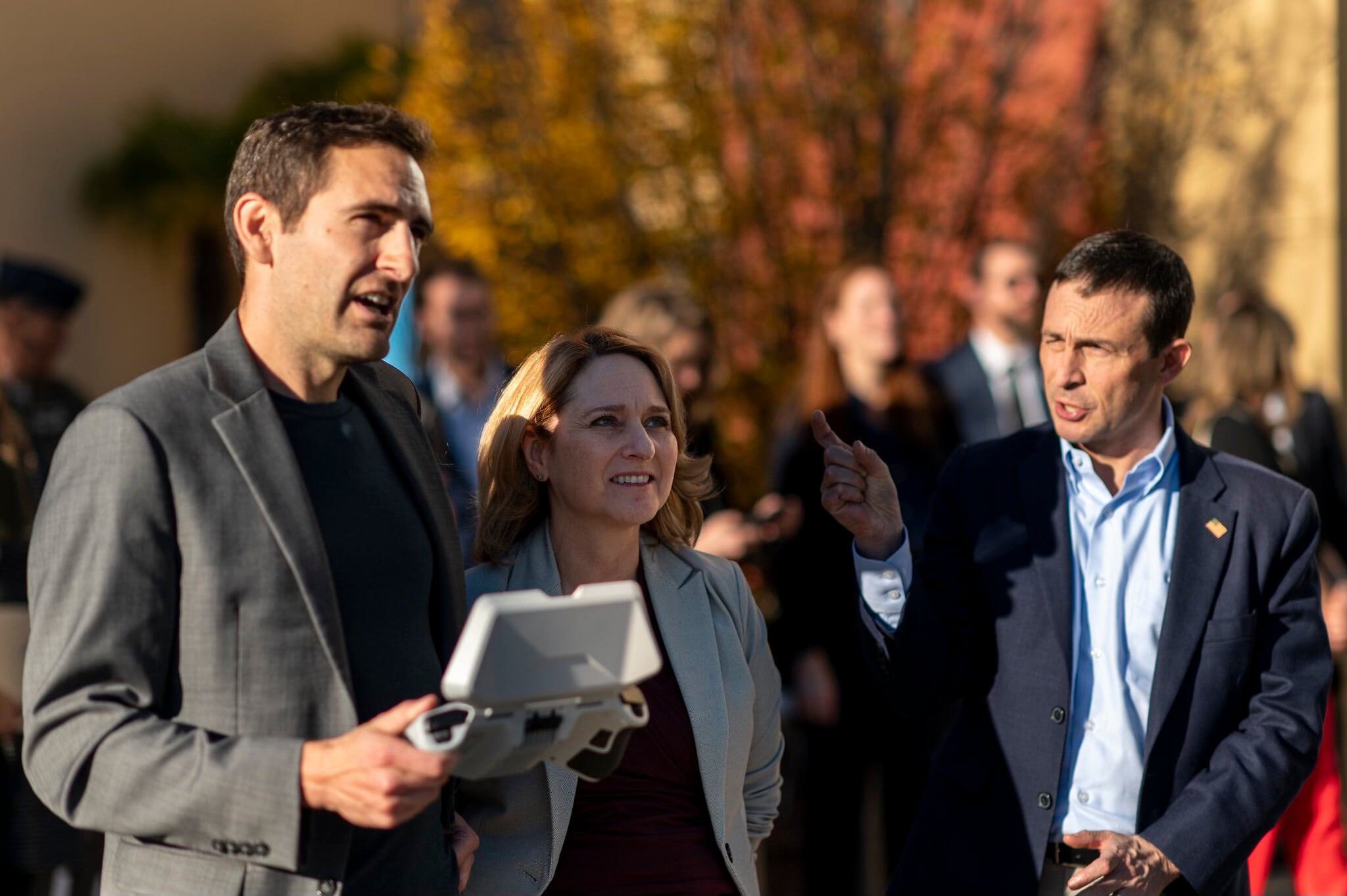ISTANBUL — Production of Turkey’s first indigenous battle tank, the Altay, in development since the 1990s, is pressing ahead amid questions about the supply chain for a key component.
BMC, the Turkish-Qatari partnership that makes the Altay, says it will deliver the first two tanks to the Turkish government in 2023. Mehmet Karaaslan, general manager of BMC (defense), said the company plans to deliver eight units a month in an order for an initial batch of 100 units. The Altay contract eventually involves the production of 1,000 tanks.
Ankara has been negotiating to buy as many as 100 units of South Korean-made engines and transmission that will power the Altay. However, an industry source in the northeast Asian country said that the program is not moving ahead.
“There are serious tech-related and other problems,” the source said, speaking on condition of anonymity.
Turkey’s top defense procurement official, Ismail Demir, has said that negotiations with two South Korean companies focused on the quantity of the power pack (engine and transmission), also called a power train, to be supplied for Turkey’s Altay program.
“We must set a quantity … We are talking about 50 to 100,” Demir said in March.
Turkey’s defense industry boomed over the last decade, according to the Carnegie Endowment for International Peace. In 2010, The country had one company on the Defense News list of Top 100 Global Defense Companies. Presently it has seven—more companies than Israel, Russia, Sweden and Japan combined.
Turkey wants to make sure the Altay has enough foreign-made power packs until an domestically produced product is available.
In order to indigenously power the Altay, Turkey is developing the Batu engine. There is no local solution for the tank’s transmission mechanism.
In October 2021, Turkey and South Korea signed a letter of intent under which two Korean companies will supply engines and transmission mechanisms for the Altay.
Under the deals, South Korean manufacturers Doosan and S&T Dynamics would supply the know-how for engine and transmission mechanism for the Altay, which would be co-produced in Turkey.
The co-production option did not go ahead as planned and the new understanding changed into off-the-shelf acquisition of the Korean power pack.
BMC won the multibillion-dollar Altay contract in 2018. The contract involves the production of an initial batch of 250 units, life-cycle logistical support and the establishment and operation by the contractor of a tank systems technology center.
As part of the contract, BMC will design, develop and produce a tank with an unmanned fire control unit.
The Altay program is broken into two phases: T1 and T2. T1 covers the first 250 units, and T2 involves the advanced version of the tank. Turkey plans to eventually produce 1,000 Altays, to be followed by an unmanned version.
Burak Ege Bekdil was the Turkey correspondent for Defense News.






